Shingles is a painful condition caused by the reactivation of the varicella-zoster virus, the same virus responsible for chickenpox. Managing shingles effectively requires prompt treatment, as the right medication can significantly reduce pain, speed up recovery, and prevent complications. In 2024, several medications have proven to be highly effective in controlling shingles symptoms and enhancing patient outcomes. This article explores the top shingles medications available, highlighting how they work, what to look for when choosing a treatment, and the role of antiviral drugs, pain relief options, vaccines, and topical treatments in managing this condition. With the right approach, you can navigate shingles with greater confidence and comfort.
Embark on a detailed exploration of this topic with dominure.com
1. Why Shingles Medication is Essential
Shingles, or herpes zoster, is more than just a painful rash; it’s a viral infection that can lead to severe complications if not treated promptly. The varicella-zoster virus, which causes shingles, can lie dormant in the body for years after a chickenpox infection, reactivating later in life, often when the immune system is compromised. When shingles develops, it can cause intense pain, blistering, and nerve damage, sometimes leading to long-term conditions like postherpetic neuralgia, where pain persists long after the rash has healed.
Medication is essential in managing shingles because it helps to reduce the severity and duration of symptoms, lower the risk of complications, and improve overall recovery. Antiviral medications are most effective when taken within 72 hours of the rash appearing, as they can inhibit the virus’s replication and hasten healing. Additionally, pain relief medications play a critical role in managing the discomfort and improving the quality of life during recovery. Without proper treatment, shingles can result in prolonged suffering and potentially lead to more serious health issues. Therefore, prompt and appropriate medication is vital to mitigate the effects of shingles and ensure a smoother, quicker recovery.
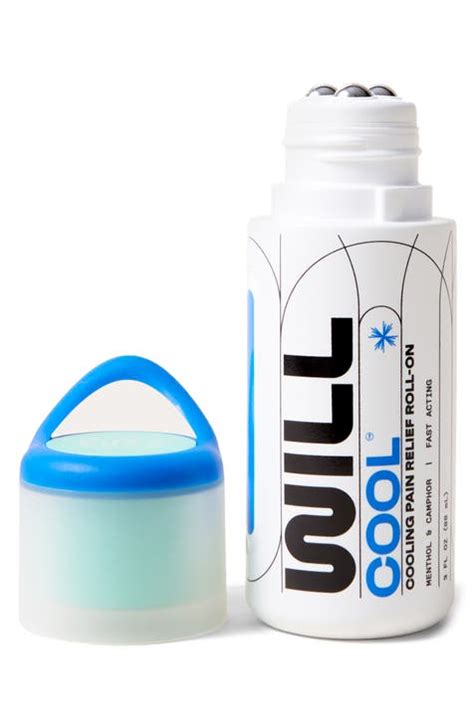
2. How Shingles Medications Work
Shingles medications are designed to target the virus responsible for the condition and manage the symptoms it causes. The primary approach involves the use of antiviral drugs, which work by inhibiting the replication of the varicella-zoster virus. By reducing the virus’s ability to multiply, these medications help to shorten the duration of the outbreak and lessen the severity of symptoms. When taken early, ideally within 72 hours of the rash appearing, antivirals like acyclovir, valacyclovir, and famciclovir can significantly reduce the duration and intensity of a shingles episode.
In addition to antivirals, shingles treatment often includes pain management medications. These can range from over-the-counter pain relievers like ibuprofen and acetaminophen to prescription medications, such as gabapentin or pregabalin, which are used to control nerve pain. Topical treatments, including creams and patches, can also be applied directly to the affected area to soothe pain and reduce itching.
Vaccines play a preventive role, helping to reduce the risk of developing shingles in the first place or lessening its severity if it does occur. Together, these medications work in concert to manage the virus, control symptoms, and promote a quicker recovery.
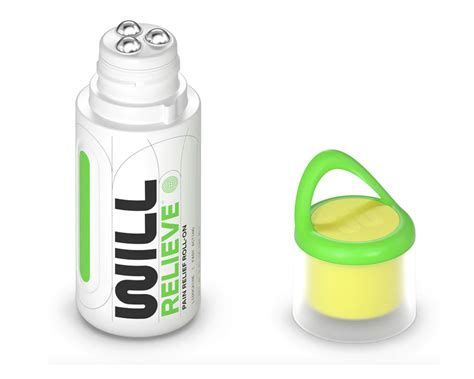
3. What to Look for in Shingles Medication
When choosing shingles medication, several factors should be considered to ensure effective treatment and a smoother recovery. First, it’s crucial to select an antiviral medication that is proven to be effective against the varicella-zoster virus. Options like acyclovir, valacyclovir, and famciclovir are well-established for their ability to reduce the severity and duration of shingles outbreaks.
The timing of the medication is also important; starting treatment within 72 hours of the rash’s appearance can maximize its effectiveness. For pain management, consider whether you need systemic pain relievers, such as ibuprofen or prescription options like gabapentin, or if a topical treatment might better address localized discomfort.
Additionally, the overall health of the individual and any existing medical conditions should be taken into account, as some medications may have contraindications or interact with other treatments. Consulting with a healthcare provider to tailor the medication plan to your specific needs is essential for achieving the best outcomes in managing shingles.
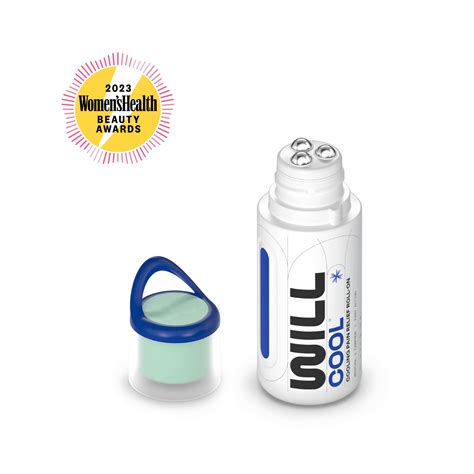
4. Why Antiviral Medications are Effective
Antiviral medications are effective in treating shingles because they directly target the varicella-zoster virus, which causes the condition. These medications, such as acyclovir, valacyclovir, and famciclovir, work by inhibiting the virus’s ability to replicate within the body. By preventing the virus from multiplying, antivirals help to limit the spread of the infection, reduce the severity of symptoms, and speed up the healing process.
The effectiveness of antiviral medications is particularly pronounced when treatment begins early, ideally within 72 hours of the first appearance of the shingles rash. Starting antiviral therapy promptly can significantly reduce the risk of complications, such as postherpetic neuralgia, which can cause long-term pain even after the rash has healed.
Overall, antiviral medications play a crucial role in controlling the outbreak, minimizing discomfort, and helping individuals recover more quickly, making them a cornerstone of effective shingles treatment.
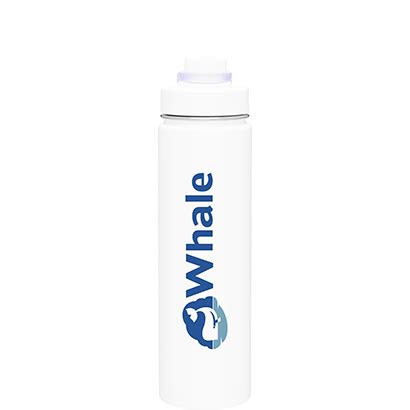
5. How Pain Relief Medications Alleviate Symptoms
Pain relief medications are essential in managing the discomfort associated with shingles, a condition that often causes severe nerve pain and skin irritation. These medications work by targeting the pain pathways in the body, helping to reduce inflammation, numb the affected areas, and alleviate the intense discomfort that shingles can cause.
Over-the-counter pain relievers like ibuprofen and acetaminophen are commonly used to manage mild to moderate pain and inflammation. For more severe pain, prescription medications such as gabapentin or pregabalin may be necessary, as they are specifically designed to treat nerve pain. Additionally, topical treatments, including lidocaine patches or creams, can be applied directly to the rash to provide localized relief by numbing the area and reducing itching.
By effectively managing pain, these medications not only improve comfort but also enhance overall quality of life during the recovery process, making them a vital component of shingles treatment.
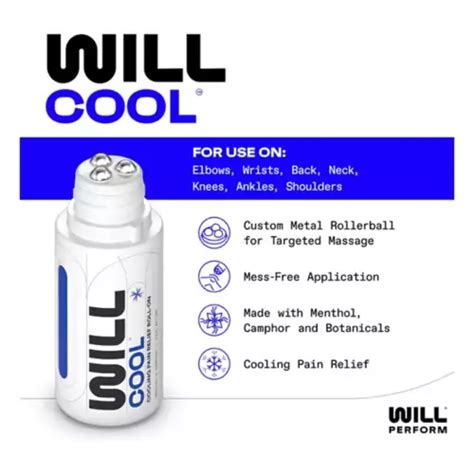
6. What Role Vaccines Play in Prevention
Vaccines play a crucial role in the prevention of shingles, significantly reducing the likelihood of developing the condition and, in cases where shingles does occur, minimizing its severity. The shingles vaccine, specifically the recombinant zoster vaccine (RZV), marketed as Shingrix, is highly effective in boosting the immune system’s ability to fight off the varicella-zoster virus, which causes shingles.
Shingrix is recommended for adults over the age of 50, as well as for those with weakened immune systems who are at a higher risk of developing shingles. The vaccine works by stimulating the body’s immune response, helping to prevent the reactivation of the dormant virus that causes shingles. Clinical studies have shown that Shingrix is over 90% effective at preventing shingles and its associated complications, including postherpetic neuralgia.
For individuals who have already had shingles, getting vaccinated can still be beneficial, as it reduces the risk of future episodes. Overall, vaccination is a key preventive measure, offering strong protection against shingles and helping to ensure better long-term health outcomes for those at risk.
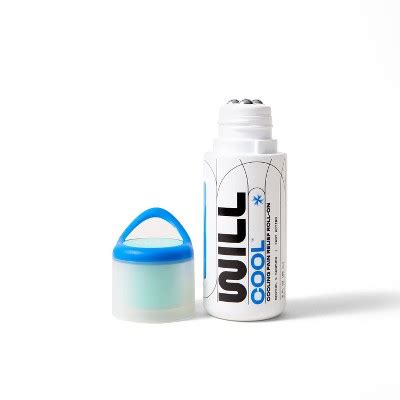
7. Why Topical Treatments Can Be Beneficial
Topical treatments can be highly beneficial in managing shingles due to their ability to provide targeted relief directly to the affected area. These treatments, which include creams, ointments, and patches, work by soothing the skin, reducing itching, and alleviating localized pain. One common type of topical treatment is lidocaine patches or gels, which contain numbing agents that help to block nerve signals and reduce pain at the site of the rash.
Topical treatments are particularly useful for addressing the external symptoms of shingles, such as skin irritation and itching. By applying these treatments directly to the rash, patients can achieve more immediate and localized relief compared to systemic medications alone. Additionally, some topical treatments have anti-inflammatory properties that can help reduce swelling and redness, contributing to overall comfort and faster healing.
While topical treatments do not address the underlying viral infection, they play an important role in managing symptoms and improving the quality of life during the recovery process. They complement other forms of treatment, such as antiviral and pain relief medications, for a more comprehensive approach to shingles care.
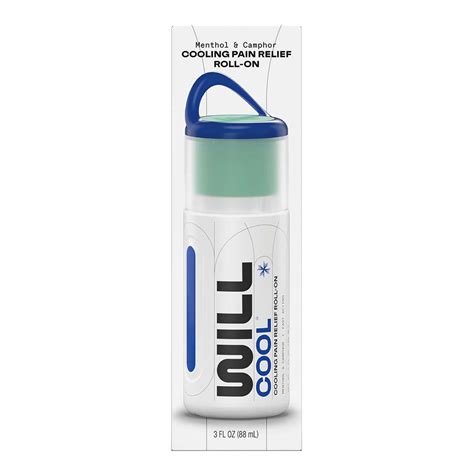
8. How Combination Therapies Improve Outcomes
Combination therapies improve outcomes in shingles treatment by addressing multiple aspects of the condition simultaneously, enhancing overall effectiveness and promoting faster recovery. Using a combination of antiviral medications, pain relief options, and topical treatments can provide a more comprehensive approach to managing shingles.
Antiviral medications, such as acyclovir, valacyclovir, and famciclovir, target the underlying virus, helping to reduce the duration and severity of the outbreak. When combined with pain relief medications, such as ibuprofen or prescription nerve pain relievers like gabapentin, patients experience significant reduction in pain and inflammation. This dual approach not only tackles the virus but also manages the associated discomfort effectively.
Topical treatments, such as lidocaine patches or creams, can be used alongside these therapies to provide additional localized relief. This combination allows for targeted symptom management, reducing itching and skin irritation directly at the rash site.
Overall, integrating these therapies can lead to more effective symptom control, reduce the risk of complications like postherpetic neuralgia, and improve the quality of life during the recovery period, ensuring a more holistic and efficient approach to shingles care.
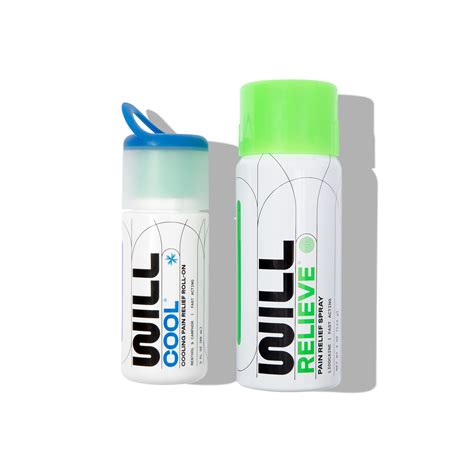
9. What to Consider When Choosing a Medication
When choosing a medication for shingles, several key factors should be considered to ensure effective treatment and optimal outcomes. Firstly, the timing of medication is crucial; antiviral drugs are most effective when started within 72 hours of the rash’s appearance. Prompt initiation can significantly reduce the severity and duration of the outbreak.
Secondly, consider the specific type of medication that best suits your needs. Antiviral medications like acyclovir, valacyclovir, and famciclovir are essential for targeting the virus, while pain relief options such as ibuprofen, acetaminophen, or prescription medications like gabapentin address pain and inflammation. Topical treatments can offer additional localized relief.
Assess any existing health conditions and potential medication interactions. Some individuals may have contraindications or sensitivities that affect their treatment options. Consulting with a healthcare provider is important to tailor the medication plan to your specific situation and ensure safe and effective treatment.
Additionally, evaluate whether preventive measures, such as vaccination, are appropriate to reduce the risk of future shingles outbreaks. A comprehensive approach, including both treatment and prevention strategi
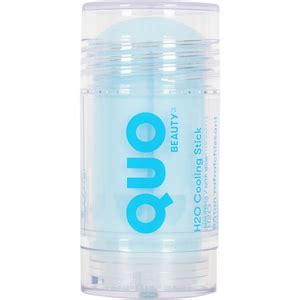
Effective management of shingles requires a multi-faceted approach, combining antiviral medications, pain relief strategies, and topical treatments. By understanding how these therapies work and what to look for in medications, patients can significantly reduce symptoms and speed up recovery. Additionally, preventive measures like vaccination play a crucial role in reducing the risk of future outbreaks. With a comprehensive treatment plan tailored to individual needs, managing shingles can become a more manageable and less distressing experience.
dominure.com

